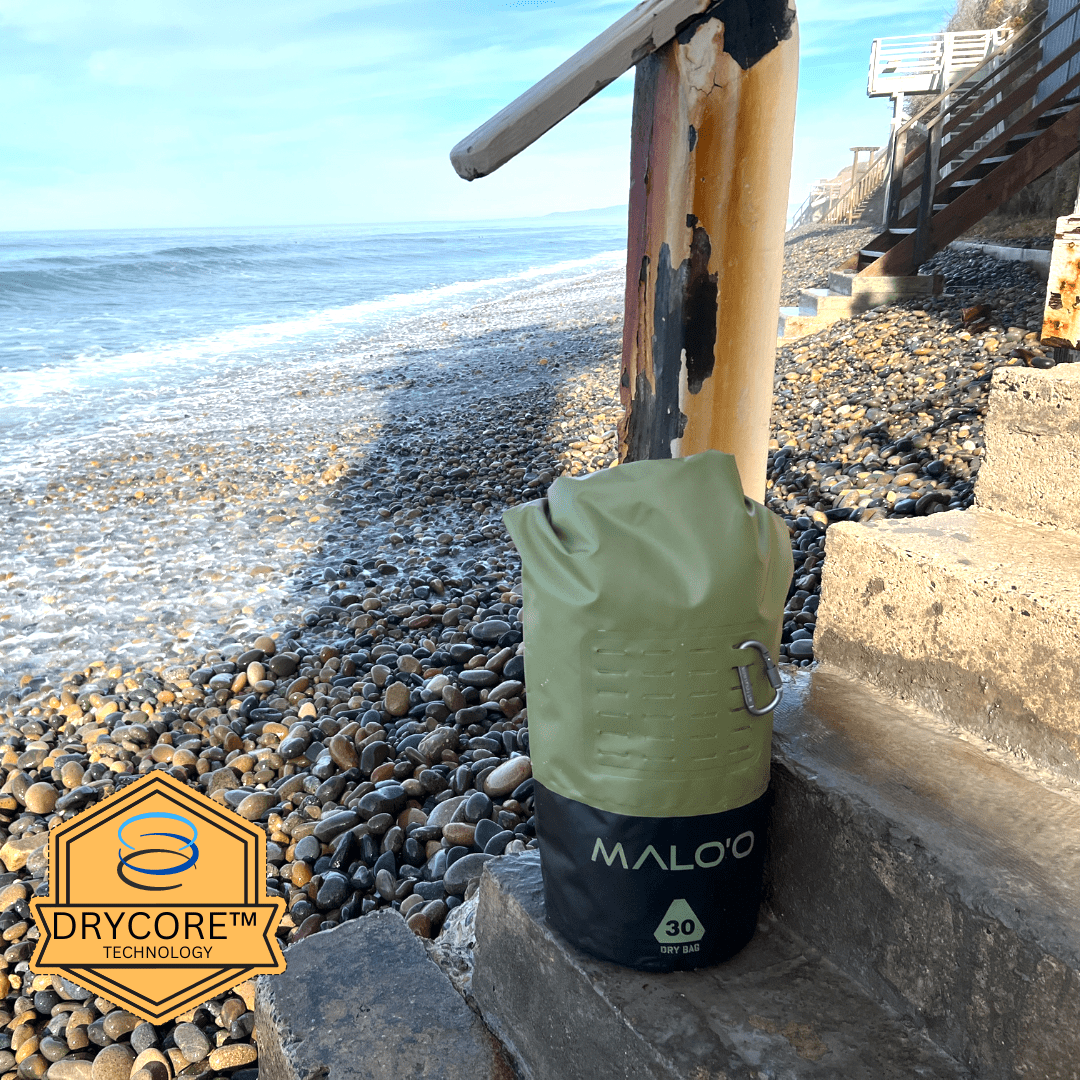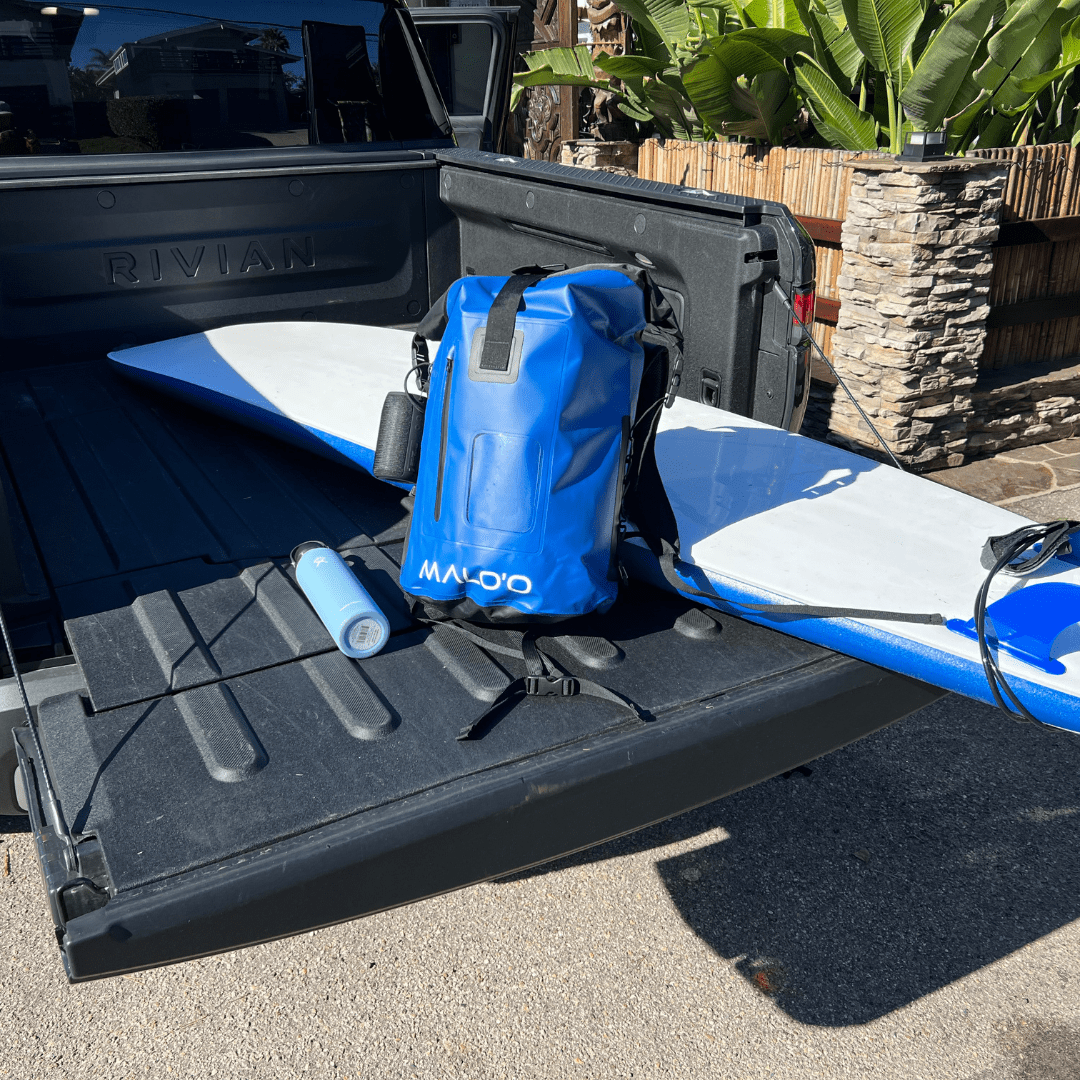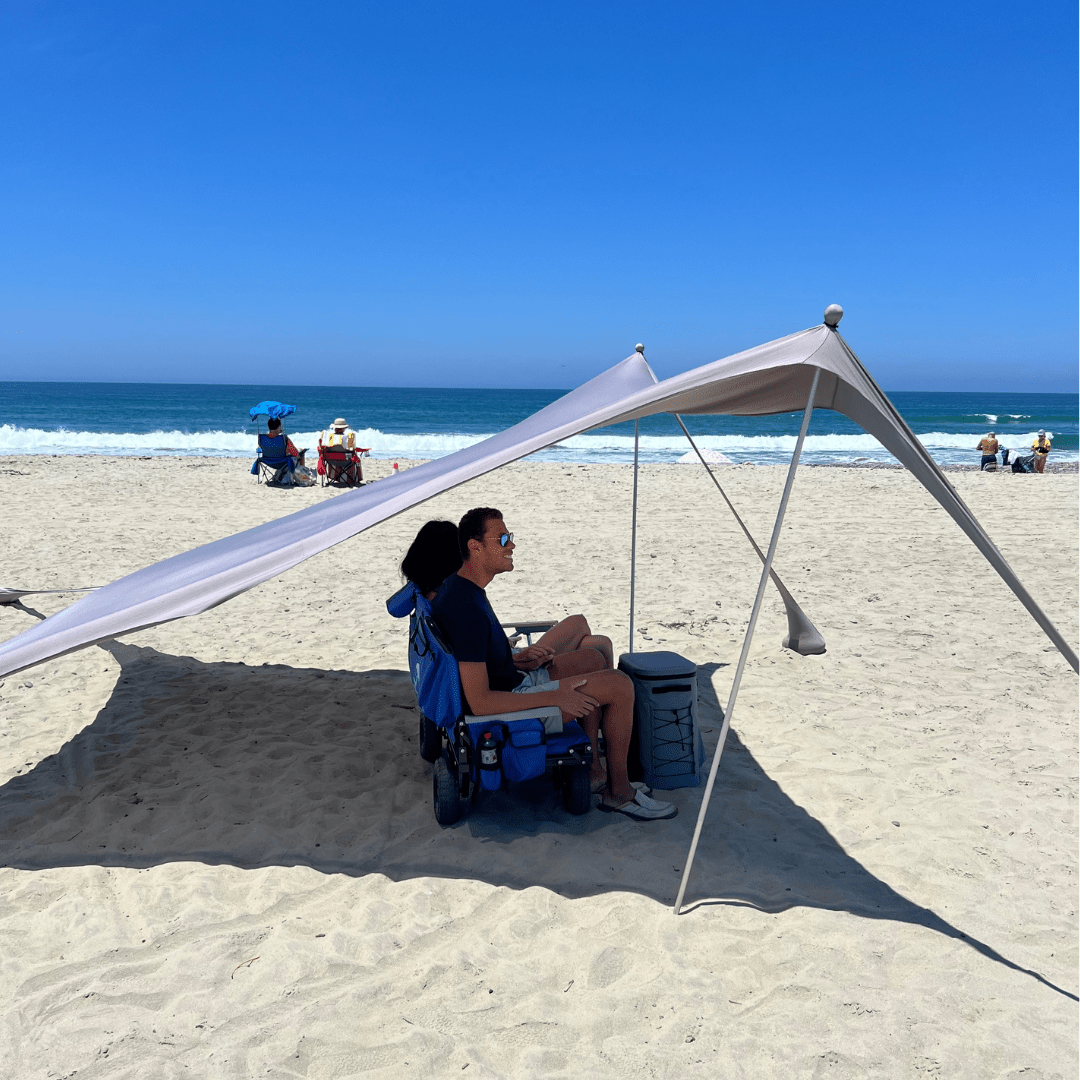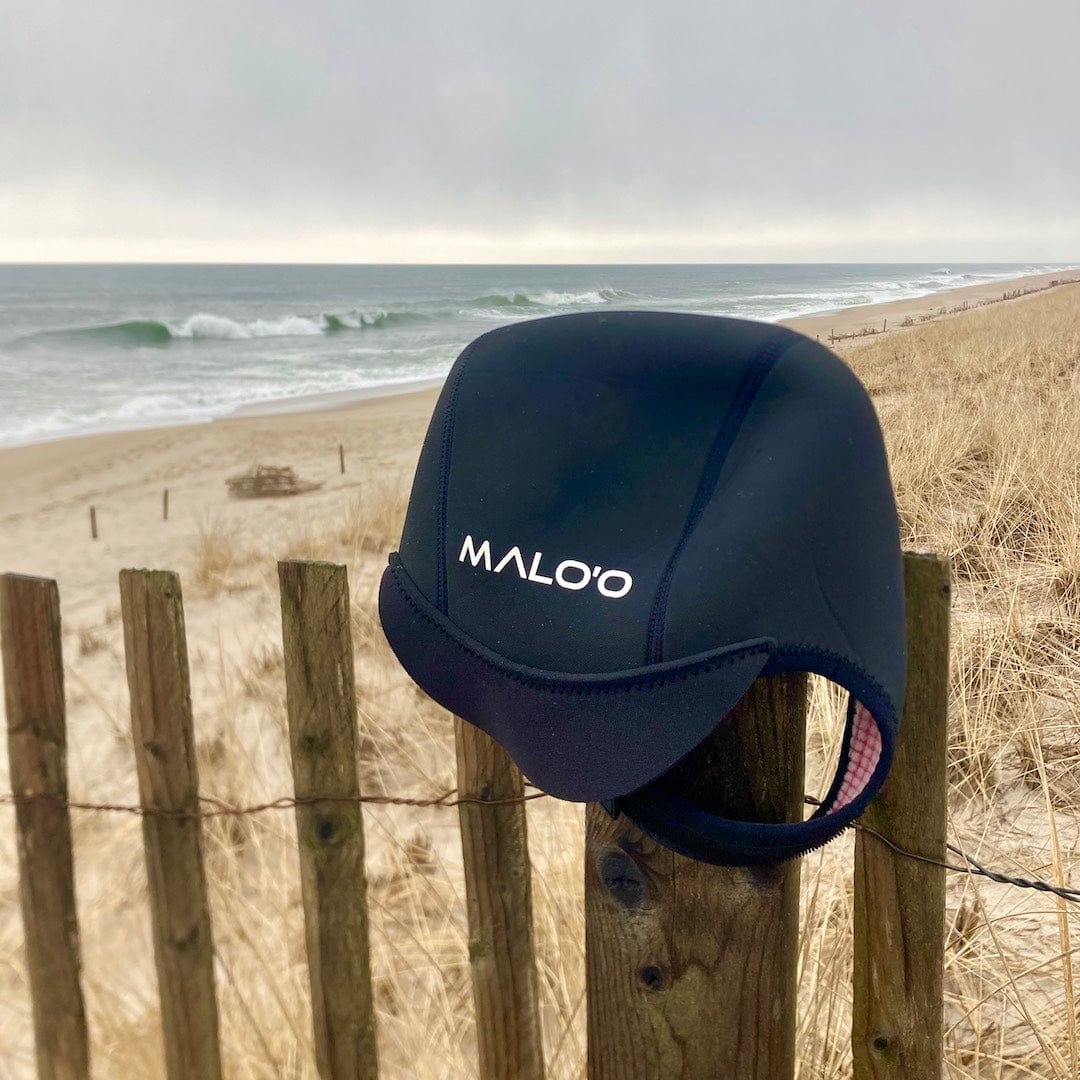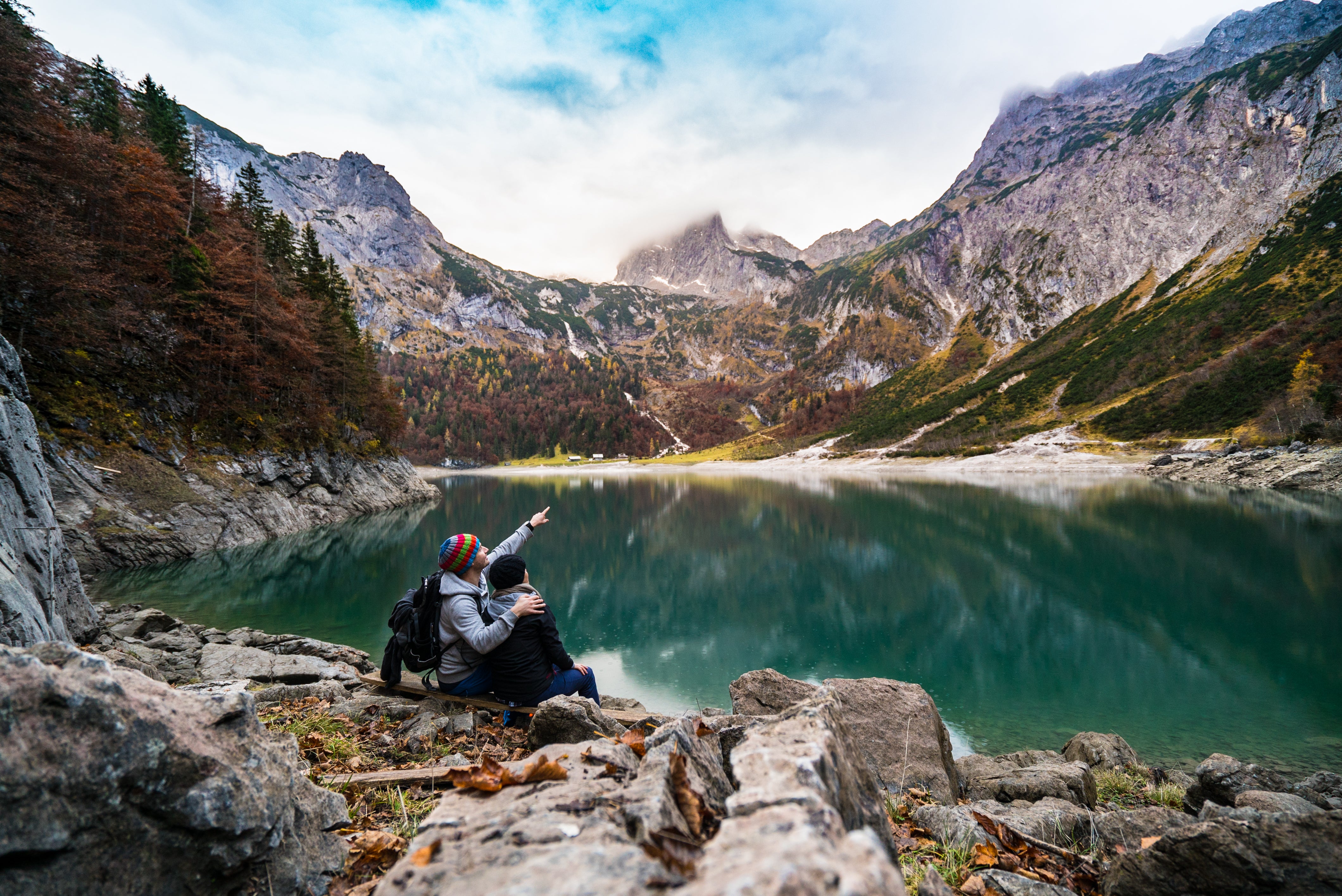Well, it's summertime again and that can only mean that for most of us it is a time to get out and enjoy some fun in the sun. Now, while many of you might head to the beach for that annual sunburn, most of us would prefer the fun and freedom of hiking and camping the great outdoors. No matter whether it is waking to the sounds of birds chirping on a crisp mountain morning or the being lulled to sleep by crickets on a starry night. Hiking and camping can be one of the nicest ways to really come to understand the wilderness. You might choose to hike in the mountains or valleys, visiting waterfalls or other famous landmarks and camp in the woods maybe near a river. Either way, just be certain to properly prepare for both and don't make the same mistakes I have made in the past.
Camping and Hiking Tips
Now, once you determine on a specific site and time you are wanting to begin your hike, you will want to plan on what you need to take with you, how much you will need, and probably most important, what you don't need to bring with you. Below are just a few simple tips that should prove very helpful.
Probably one of the first items to consider would be the proper footwear if you are planning on going hiking. The correct fit and comfort are vital for successful hiking trip. Based on the location of the hike, you will want to decide the weight, durability, and if you will need them to be waterproof or not. Remember, you will most likely be encountering uneven and rough terrain, so boot selection needs serious consideration, so do your research. In addition to the boots, be sure to bring along extra pairs of good hiking socks. This will not only help avoid you getting blisters, but in the event that your socks get wet, it will offer you some dry backup options.
Next on the, 'what to bring list', should be a good backpack. Based on the number of days you intend on hiking will largely determine the size and scope of the pack you will need. If you are camping along your hiking route, then you will need a larger pack that can accommodate not only your clothes, but also you tent and sleeping bag, food and cooking stove/utensils, and water and other necessities. If you are this during the colder months, you will need to plan for additional winter gear and garments. If it is the rainy season, then proper raingear would be a must.
Avoid The Same Hiking Mistakes I Made
Let's dive into some of the specifics on what we covered above:
If you plan on camping through your hike- Get a good quality tent. Be sure to consider the size and quality. You will want a good rainfly. Don't make the mistake I made once and get a tent based on how it looked 'cool'. You want function over fashion any day. You also will want a small tarp to place under the tent to help keep the tent floor dry. You can also use this as a rain cover should you get caught in a storm during your hike. A roll of duct tape and some seam sealer are always good to have should your tent form some leaks or a seam split. I learned that the hard way.
For sleeping at night, a good sleeping bag and a roll to lay it on is great idea. Be sure to decide on what best fits your needs. Each bag is rated for various temperature conditions. The pad is to roll out under the under the sleeping bag to not only provide some comfort, but to create another moisture barrier. If you bag gets wet, it almost impossible to dry it out during your hike.
For cooking food, you will need a small camp stove and something to ignite a fire. Generally, you want to refrain from starting an open fire as it can be prohibited in many national and state forests. Be sure you have a cooking pot, skillet, utensils, plates, and a good knife. Of course some zip-lock bags are great for not only storing food, but also rain proofing important items.
For the food itself, planning out each meal is key. Bringing items like cereal, powdered milk, granola for breakfast and heat and eat freeze dried meals for lunch and dinners. Remember that weight is an important consideration, so bringing a lot of canned foods, may tend to weigh you down. Of course you will need plenty of water and a refillable container that you can use along the way. Don't forget the water purification tablets either, again, learned that the hard way as well.
As for general miscellaneous equipment, a compass, some light rope, a can / bottle opener, a signal mirror, and a first aid kit are very important. Extra batteries are a great idea as well, if you have devices that require them. Just be mindful about the added weight.
Finally, clothing will need to be considered. If you are changing elevations, the weather can change quickly as well. What started out in the 70 and 80's can quickly turn into the 40's and below, especially as the sunsets. Don't get caught without the proper sweaters or blankets. Likewise, in the heat of the day, having a good hat and sunscreen can prevent you from getting too much sun or even dehydrated. I also strongly recommend a good pair of sunglasses. Yea, you guessed it; I forgot those too.
Now that you are armed with these basic hiking and camping tips, my hope is that you don't make the same mistakes that I have made. If you plan appropriately and are well-equipped, your experience should be safe and enjoyable. So, no more excuses, get out there and take on the great outdoors and have a blast doing it.
